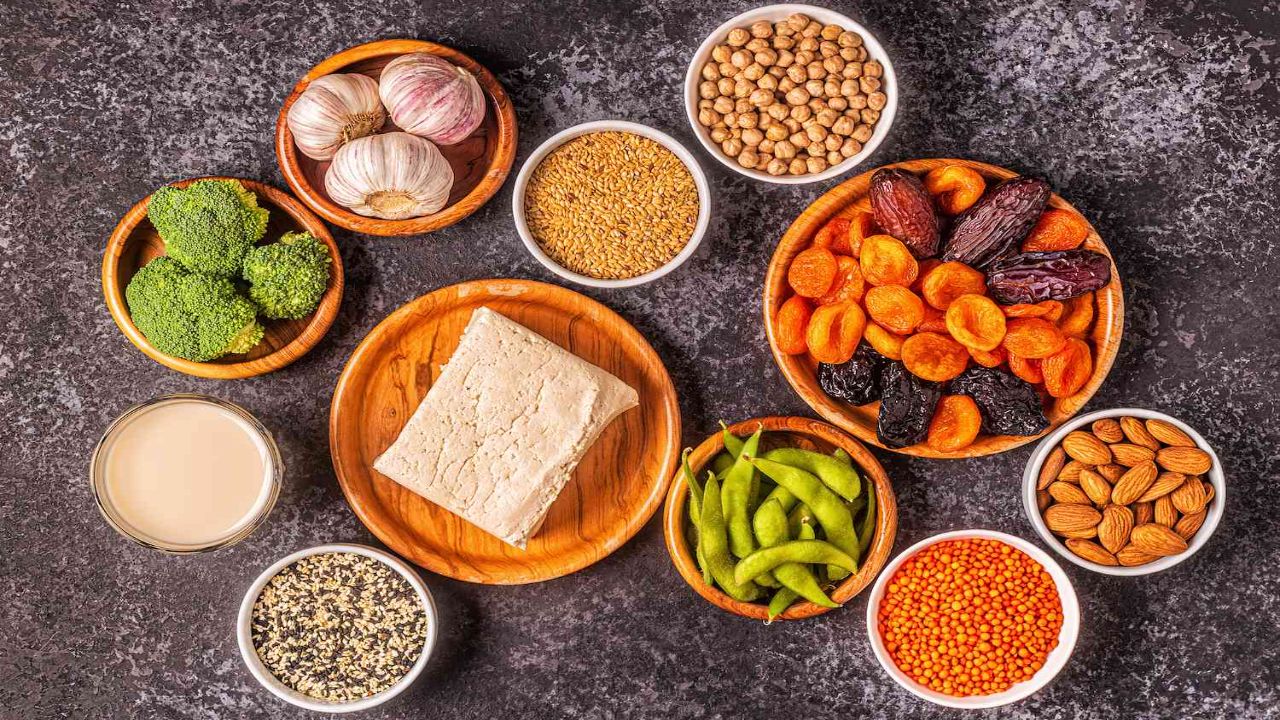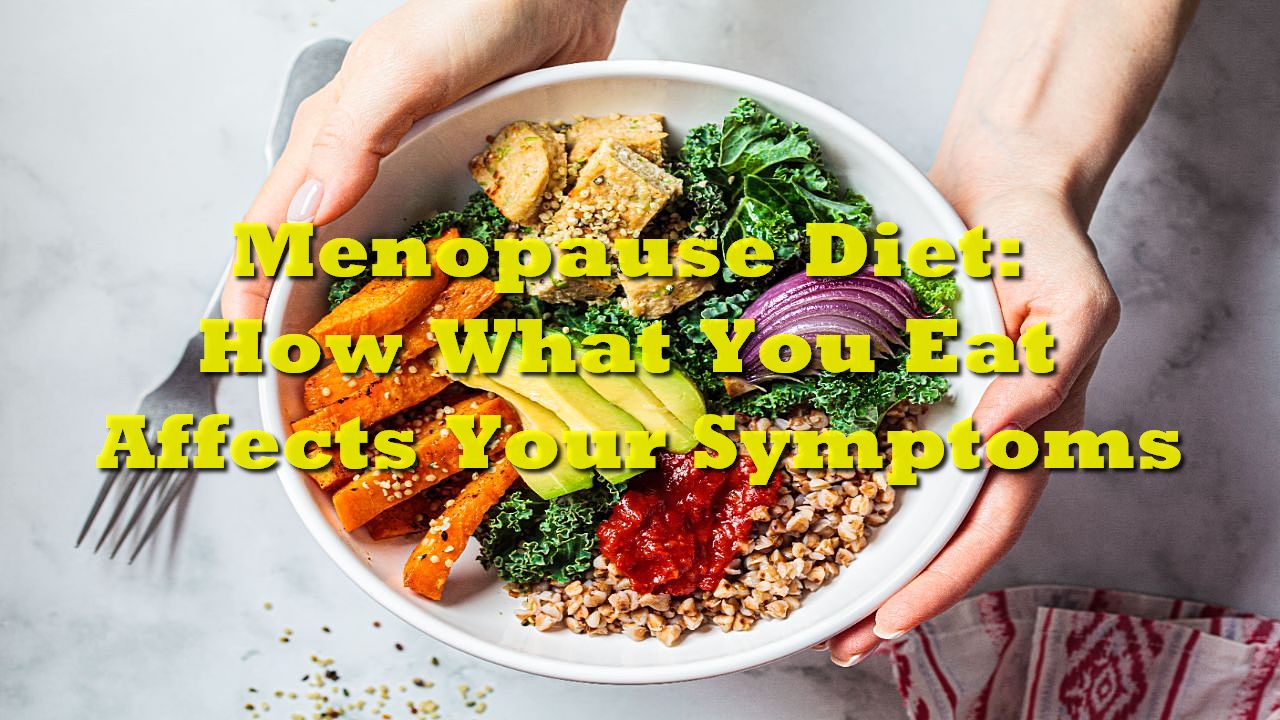Menopause is a natural transition that occurs when your menstrual cycles come to an end, typically confirmed 12 months after your last period. However, the transition and associated symptoms can persist for several years. During this phase, hormonal changes disrupt your usual cyclical patterns of estrogen and progesterone. As estrogen levels decline, your metabolism may be negatively impacted, potentially leading to weight gain.
Additionally, changes in cholesterol levels and carbohydrate digestion can occur. Many women experience uncomfortable symptoms like hot flashes and sleep disturbances during this transition. Furthermore, hormonal shifts contribute to decreased bone density, increasing the risk of fractures. Many women think menopause counselling is their only way. Fortunately, making dietary adjustments can alleviate menopause symptoms and promote overall health during this life stage.
Dairy Products for Bone Health

The decline in estrogen levels during menopause raises the risk of fractures. If you don’t know how to find fulfillment during menopause, consume dairy products. Dairy products—such as milk, yogurt, and cheese—are rich in essential nutrients for bone health. These include calcium, phosphorus, potassium, magnesium, and vitamins D and K. In a study of nearly 750 postmenopausal women, those with higher dairy and animal protein intake exhibited significantly greater bone density. Additionally, dairy products contain tryptophan, an amino acid that aids in falling asleep and staying asleep. Fortified milk and cheese are excellent sources of vitamin D and calcium, which may also reduce the risk of early menopause.
Embrace Healthy Fats
Omega-3 fatty acids, found in healthy fats, offer benefits during menopause. Research indicates that higher omega-3 levels are associated with better health among postmenopausal women. These fats play a crucial role in heart health, reducing inflammation and supporting brain function. Including sources like fatty fish (salmon, mackerel, and sardines), flaxseeds, and walnuts in your diet can help manage menopause symptoms.
Boost Phytoestrogens

Phytoestrogens are plant compounds that mimic estrogen in the body. They can help alleviate menopausal symptoms by binding to estrogen receptors. Foods rich in phytoestrogens include soy products (tofu, tempeh, and edamame), flaxseeds, sesame seeds, and whole grains. Incorporating these into your diet may reduce hot flashes and improve overall well-being.
Prioritize Whole Grains
Whole grains provide essential nutrients and fiber. They stabilize blood sugar levels, support digestion, and promote heart health. Opt for whole wheat, quinoa, brown rice, oats, and barley. These grains also contain lignans, which have antioxidant properties and may help manage menopause symptoms.
Load Up on Fruits and Vegetables

Colorful fruits and vegetables are packed with vitamins, minerals, and antioxidants. They support overall health and reduce inflammation. Aim for a variety of options, including berries, leafy greens, citrus fruits, bell peppers, and cruciferous vegetables (broccoli, cauliflower, and Brussels sprouts). These foods enhance immune function and contribute to hormonal balance.
Hydrate and Limit Alcohol and Caffeine
Staying hydrated is crucial during menopause. Water helps regulate body temperature and supports overall well-being. Conversely, excessive alcohol and caffeine intake can exacerbate symptoms like hot flashes and disrupt sleep. Limit alcohol and opt for herbal teas or decaffeinated beverages instead.
In summary, a well-balanced menopause diet can significantly impact your symptoms and overall health. Prioritize bone health, embrace healthy fats, incorporate phytoestrogen-rich foods, choose whole grains, load up on fruits and vegetables, and stay hydrated. By making informed dietary choices, you can go through menopause with greater ease and vitality.

